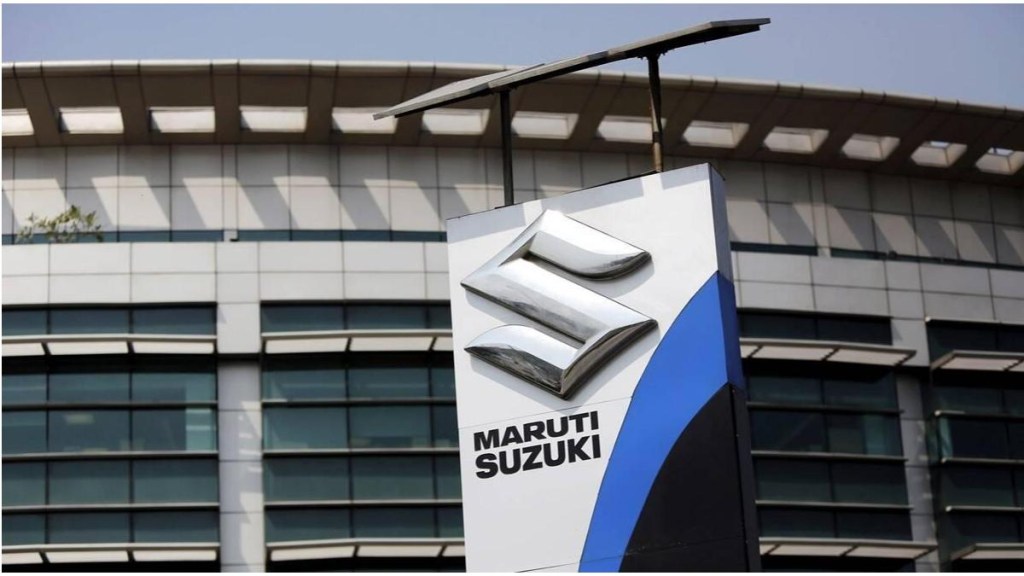Maruti Suzuki, the country’s largest carmaker, on Thursday amended its memorandum of association (MoA), paving the way for its entry into mobility- and sustainability-driven sectors such as vehicle leasing, subscription-based mobility services, integrated fleet management services, electric vehicle (EV) charging infrastructure, used car sales, carbon credit trading, and end-of-life vehicle recycling.
Significance
The move represents a strategic evolution for Maruti Suzuki as it seeks to broaden its focus beyond traditional automobile manufacturing, and position itself for long-term growth in an industry undergoing rapid transformation.
It also reflects Maruti’s recognition of the changing market dynamics and increasing competition from both established players and new entrants in the mobility space. With its current market share in the domestic passenger vehicle segment at around 40%, down from a historic high of 50%, Maruti is actively diversifying its business model to capture emerging opportunities, enhance customer offerings, and strengthen its competitive edge in a shifting automotive landscape.
In an exchange filing, the company said its board approved the decision to alter the object clause of the MoA during a meeting on Thursday. The company said shareholder approval for the changes will be sought at its annual general meeting scheduled for August 28.
Future scope
The amended MoA allows Maruti to offer a range of mobility services, including vehicle leasing and last-mile transport. It also permits the company to buy, sell, refurbish, and certify used vehicles across digital, physical, and hybrid platforms.
In addition, Maruti is now authorised to set up and operate EV charging and battery-swapping stations, as well as trade in clean energy fuels such as compressed biogas and hydrogen gas. The company will also be able to provide a range of consultancy and technical services related to mobility, vehicle testing, and supply chain management.
The revised MoA permits the company to enter the carbon trading space, including the monetisation and aggregation of carbon credits, renewable energy certificates, and green instruments. Maruti will also be allowed to carry out recycling and processing of end-of-life vehicles and automotive scrap, covering a wide range of materials such as metals, plastics, rubber, and e-waste.

